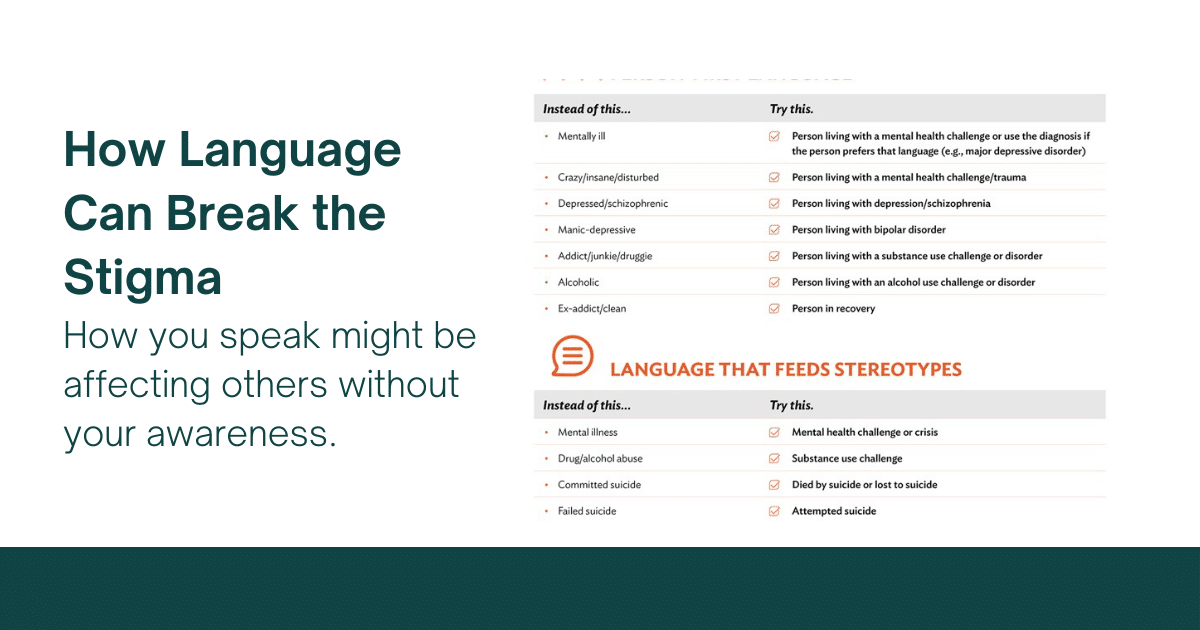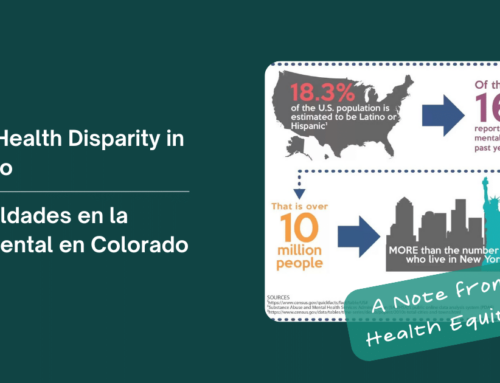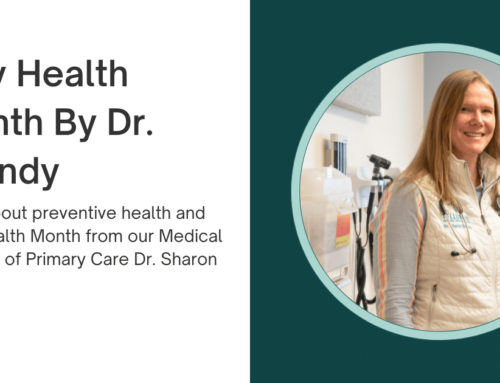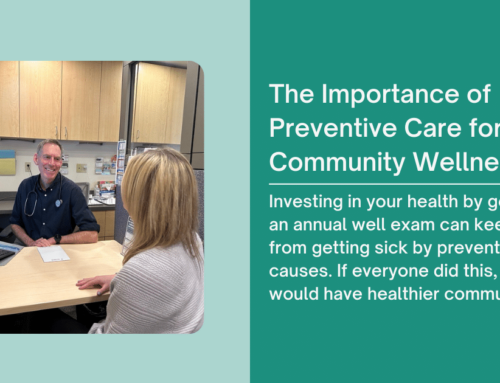A community guide
At Telluride Medical Center, we understand the importance of mental health and the role that everyday language plays in shaping our perceptions and behaviors. The way we speak about mental health can significantly impact those struggling with mental health challenges. It can either perpetuate stigma or promote understanding and support. As part of our commitment to fostering a supportive community, we want to share some insights on how you can help break the stigma around mental health through mindful language.
Stigma involves negative attitudes and beliefs that lead people to reject, avoid, or fear those who are perceived as different. In the context of mental health, stigma can result in discrimination, social exclusion, and the internalization of negative self-beliefs by those affected. This often discourages individuals from seeking the help they need.
Words have power—they can hurt, heal, hinder, or help. Here’s how we can all make changes to our language to support mental health better according to Mental Health FIrst Aid:
- Use Person-First Language: Always put the person before the disorder in your conversations. Instead of saying “schizophrenic” or “anorexic,” phrases like “person with schizophrenia” or “individual who has an eating disorder” are more respectful and less defining.
- Avoid Casual Misuse of Terms: Casual references to mental health conditions can trivialize serious illnesses. Phrases like “I’m so OCD about that” or “I’m feeling bipolar today” when not meant literally can undermine the real challenges faced by those who live with these conditions. Be precise in your language to avoid minimizing serious health issues.
- Challenge Stereotypes: Stereotypes about mental illness often find their way into everyday conversation. Challenge misconceptions when you hear them and provide correct information to help others learn.
- Speak Up About Mental Health: Open conversations about mental health can normalize these discussions and reduce stigma. Share your experiences or what you’ve learned about mental health to encourage others to speak openly and without shame.
- Encourage Equality Between Physical and Mental Illness: Just as someone wouldn’t be blamed for suffering from diabetes, people with mental health conditions should not face blame for their symptoms. Encouraging an equal view of mental and physical health can promote a more accepting attitude.
How You Can Help
- Educate Yourself and Others: Understanding mental health improves the way we talk about it. Take opportunities to read, attend workshops, or participate in discussions to broaden your understanding and share your knowledge with friends, family, and colleagues.
- Support Mental Health Initiatives: Whether it’s participating in community mental health events, supporting mental health organizations, or advocating for policies that enhance mental health services, your involvement makes a difference.
- Practice Empathy: Try to understand what someone with a mental health condition might be going through. Listen actively when others share their experiences, and offer your support and understanding.
By changing how we talk about mental health, we can create a more inclusive and supportive environment. At Telluride Medical Center, we are committed to leading by example and supporting our community in making these positive changes. Together, we can break the stigma and build a healthier, more compassionate community.








